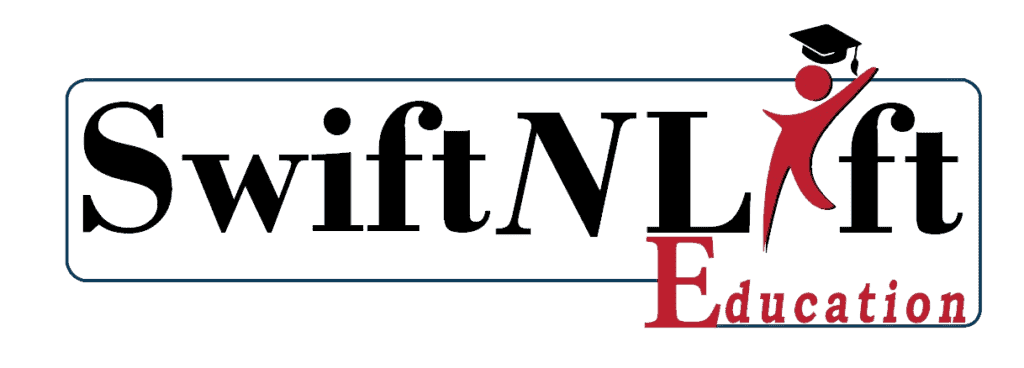


“ Navigating the Digital Maze: Empowering Minds to Decode, Discern, and Thrive in the Information Age! #DigitalLiteracy #KnowledgeIsPower”
In today’s digital era, being literate extends beyond reading and writing. It encompasses the ability to navigate the vast sea of information available online. Digital literacy is not just a skill; it’s a necessity. In this intellectual long-read article, we will explore the significance of digital literacy in schools and provide guidance on teaching students to critically evaluate online information.
The internet has democratized information, making it accessible to all. However, this flood of information has also brought misinformation, fake news, and digital manipulation. The ability to discern the reliable from the misleading is crucial.
– Critical Thinking: Digital literacy fosters critical thinking skills, enabling students to question and analyze information.
– Protection from Misinformation: It empowers individuals to identify and resist the spread of false information.
– Preparation for the Future: In an increasingly digital workforce, digital literacy is an employability skill.
– Empowering Civic Engagement: It allows citizens to engage meaningfully in democracy by making informed choices.
Source Evaluation: Teach students to critically assess the credibility of sources. Factors like authorship, bias, and publication date should be considered.
Media Literacy: Develop an understanding of various media formats and the potential for manipulation, encouraging students to question visuals, videos, and audio content.
Fact-Checking: Promote fact-checking as a habit. Encourage the use of reputable fact-checking organizations and tools.
Information Verification: Teach students how to verify information through multiple sources.
Digital Ethics: Discuss ethical behavior online, including respecting privacy and adhering to copyright laws.
Cross-Disciplinary Approach: Digital literacy should be integrated into various subjects, from science to social studies.
Real-Life Scenarios: Use real-life examples and case studies to illustrate the consequences of misinformation and the value of digital literacy.
Guest Speakers and Workshops: Invite experts or professionals to talk about their experiences with digital misinformation.
Critical Reading Assignments: Assign readings that prompt critical thinking and source evaluation.
The Role of Teachers and Parents
Professional Development: Teachers need ongoing training in digital literacy to effectively educate students.
Open Dialogue: Encourage open conversations about online experiences and challenges between teachers, parents, and students.
Modeling Behavior: Teachers and parents should model responsible online behavior.
Assessing Digital Literacy
Develop assessment tools that evaluate students’ ability to evaluate sources, fact-check, and critically analyze digital content.
Promoting digital literacy in schools is not an option; it’s a necessity. In an age where information is power, equipping students with the skills to navigate the digital landscape is a responsibility we all share. Digital literacy is not just about using technology; it’s about using it wisely and responsibly. By teaching students to critically evaluate online information, we empower them to make informed decisions, engage meaningfully in the digital age, and contribute to a more informed and responsible global society. In the information age, digital literacy is the new currency of knowledge, and it’s our duty to ensure that every student possesses it.

Entrepreneurship is all about telling your story. In SwiftNlift Education Business magazine, we promote and share stories and adventures of young and successful entrepreneurs who are overcoming startup challenges on their way to success. We allow digitally linked content to be uploaded and distributed globally.
Copyright © 2023 Swiftnlift Media And Tech LLP All rights reserved